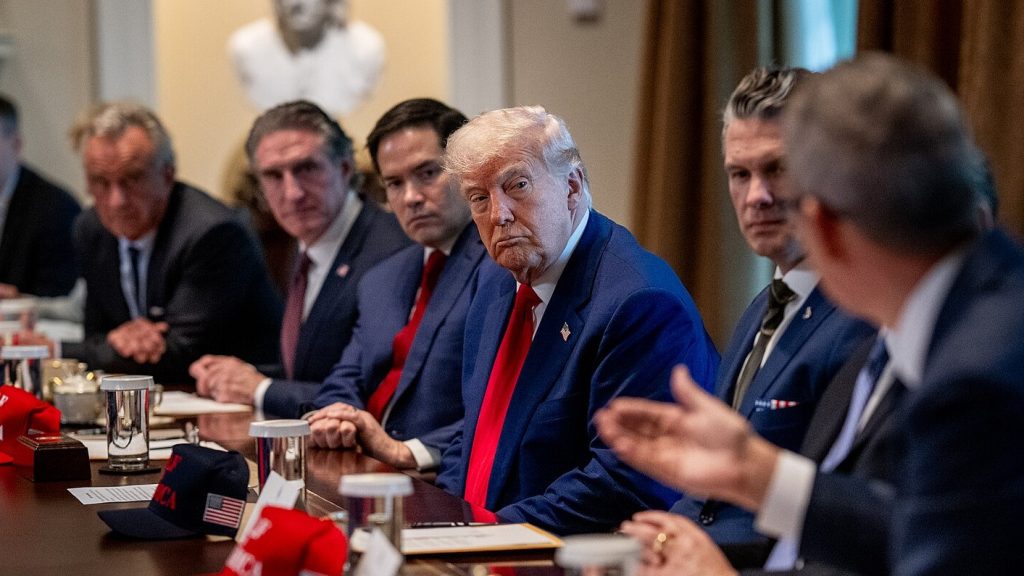A bipartisan Senate majority is backing a hard-hitting sanctions package to punish Russia.
Others are reading now
A bipartisan supermajority in the U.S. Senate is backing new legislation that would impose sweeping sanctions on Russia and levy steep tariffs on countries that continue to purchase Russian energy, unless President Vladimir Putin agrees to engage in meaningful peace negotiations with Ukraine.
Senator Lindsey Graham, a Republican from South Carolina and a close ally of President Donald Trump, told reporters Wednesday that 72 senators support the proposed bill.
“The goal is to help the President,” Graham said, referring to Trump.
His comments came as the U.S. and Ukraine signed a bilateral agreement granting Washington access to Ukrainian natural resources.
Also read
According to a draft of the sanctions bill obtained by Bloomberg, the legislation would impose a 500% tariff on imports from any country buying Russian oil, gas, petroleum products, or uranium.
It would also prohibit American citizens from purchasing Russian sovereign debt.
I want a negotiated end to the war, honorably and just,” Graham said. “I think Trump’s the best person to achieve that goal, but these sanctions represent the Senate’s view that we see the primary bad guy being Russia.
Graham described the bill as a strategic tool that could bolster Trump’s leverage in future negotiations.
“Putin would be making a huge mistake to try to play Trump, so this bill is a tool in President Trump’s toolbox,” he said. “When President Trump believes that we’ve reached an impasse, then watch for action.”
Graham added that he has lined up sufficient support in the House to introduce the measure there as well.
The White House has not yet issued a statement on the proposed sanctions package.
The legislation follows reports that Trump has recently hardened his rhetoric toward Putin after months of quiet diplomatic pressure from British Prime Minister Keir Starmer and French President Emmanuel Macron.
European officials reportedly argued that Putin’s continued aggression was damaging Trump’s credibility as a potential mediator.
Earlier this year, Trump had avoided strongly criticizing Russian actions in Ukraine, even after a deadly missile and drone assault on Kyiv. But in recent remarks, he has directly appealed to Putin to “stop,” signaling a shift in tone.

